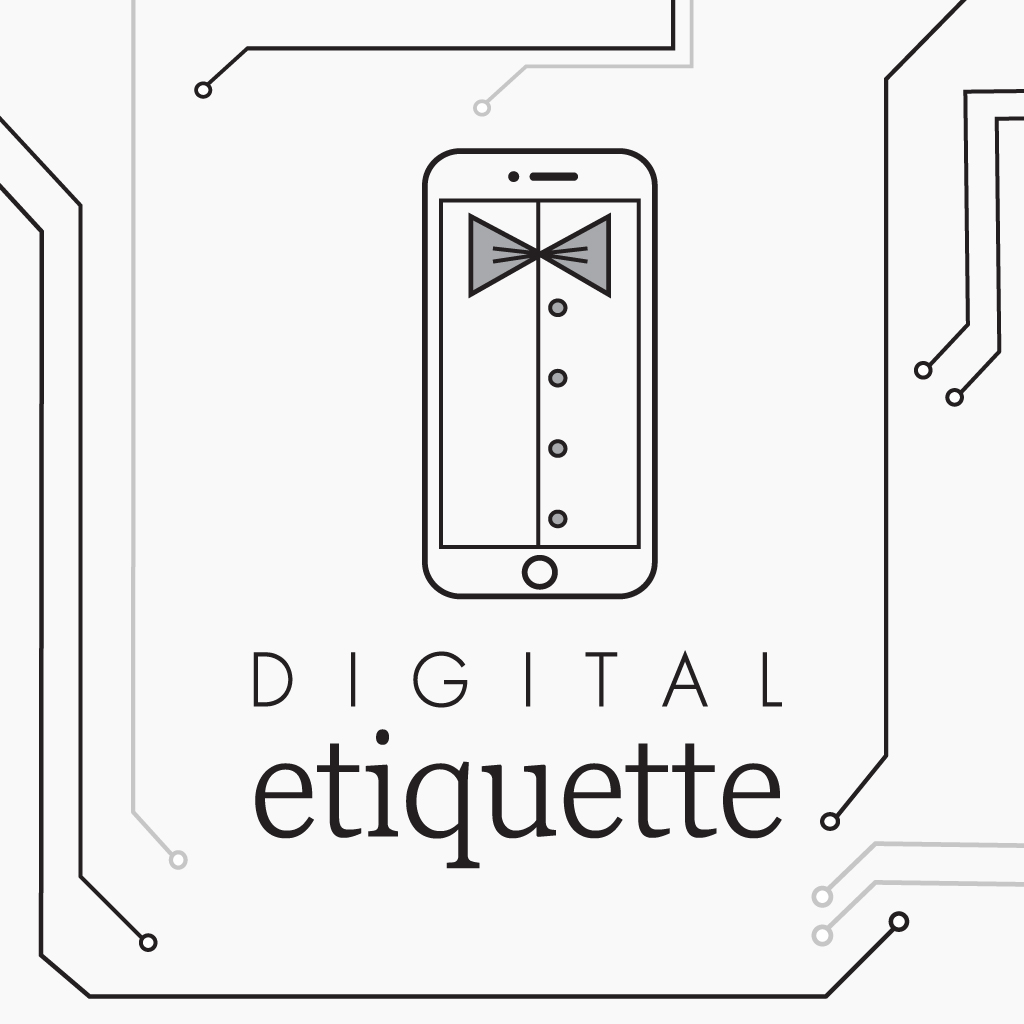Teaching students about capable digital citizenship is essential in a world that is becoming increasingly digital. A good digital citizen uses technology and the internet in a responsible and ethical manner. Read the article to learn about how to maintain good digital citizenship in school.
For what Reason is Digital Citizenship Significant In School?
In creating good citizens, schools play a vital role. But what is good digital citizenship?
It is the mindful utilization of innovation and the internet. It encompasses a large number of abilities and information, including:
- Digital literacy: The capacity to utilize innovation effectively and securely
- Online safety: The capacity to shield oneself from harm online
- Media literacy: The capacity to assess digital information and media fundamentally.
- Digital etiquette: The capacity to interact with others online in a deferential and mindful manner
- Digital rights and responsibilities: understanding one’s limitations as a digital resident
Digital citizenship is significant in school since it helps students to:
- Advance securely and actually online.
- Become informed purchasers of digital information.
- Foster positive digital connections.
- Arrive at mindful conclusions about their digital lives.
- Become connected with digital residents who add to their networks.
The Most Effective Method to Maintain Good Digital Citizenship in Your School
-
Teach and Advance Mindfulness
The support of good digital citizenship begins with instruction. Schools ought to give students exhaustive illustrations on digital citizenship, covering points like online decorum, security, cyberbullying anticipation, and the results of reckless online ways of behaving.
It’s crucial to assist students with understanding the effect of their activities online, both on themselves as well as other people. This instruction ought to be an ongoing effort, integrated into the educational plan, and reinforced all through the school year.
-
Regard for Security
Train students to protect their own information, for example, their complete name, address, telephone number, and school subtleties. Urge them to set solid, one-of-a-kind passwords and comprehend the significance of not sharing these with others. Furthermore, it underscores the significance of obtaining consent prior to sharing another person’s very own information or pictures online.
-
Advance Positive Online Way of behaving
Online interactions should exhibit the same respect and consideration that we expect from face-to-face correspondence. Urge students to practice sympathy and compassion online, treating others with kindness and civility.
Emphasize the value of insightful analysis and knowledgeable commentary, assisting students in understanding how their words affect others. Encourage them to notify the appropriate school personnel of any instances of cyberbullying or harmful behaviors.
-
Regarding Copyright and Intellectual Property
Good digital citizenship likewise includes respecting intellectual property privileges. Show students intellectual property regulations and the significance of giving credit to makers while using their work.
Instruct them to utilize legitimate references and stay away from literary theft. Tell them the best way to find and utilize Inventive Lodge and public domain assets when fitting.
-
Show Decisive Thinking and Digital Literacy
In the present information age, digital literacy is indispensable. Outfit students with the ability to fundamentally assess online substances. Show them how to distinguish solid sources from counterfeit news and misinformation.
Encourage them to address and truly check the information they experience online. By fostering decisive thinking and digital literacy, students become better prepared to explore the intricacies of the digital world.
-
Capable Utilization of Online Entertainment
Virtual entertainment stages play a huge part in the lives of students. Train them to mindfully utilize these stages. Underline the significance of setting security settings to safeguard individual information.
Encourage your students to think before they post, considering the possible results of their online activities. Remind them that whenever something is shared online, it tends to be challenging to eradicate and might have lasting impacts.
-
Show others how it’s done
As instructors and school administrators, it’s pivotal to show others how it’s done. Model good digital citizenship in your own online interactions. Exhibit awareness and moral conduct in your utilization of innovation and the internet. At the point when students see grown-ups practicing what they teach, it reinforces the significance of these principles.
Conclusion
Maintaining good digital citizenship in your school isn’t simply an obligation; it’s an investment later on. By educating students about dependable and moral online ways of behaving, respecting protection, promoting positive interactions, and fostering decisive thinking abilities, we enable them to explore the digital world securely and capably. These seven guidelines establish the groundwork for a school community that flourishes in the digital age while upholding the virtues of regard, sympathy, and integrity.

